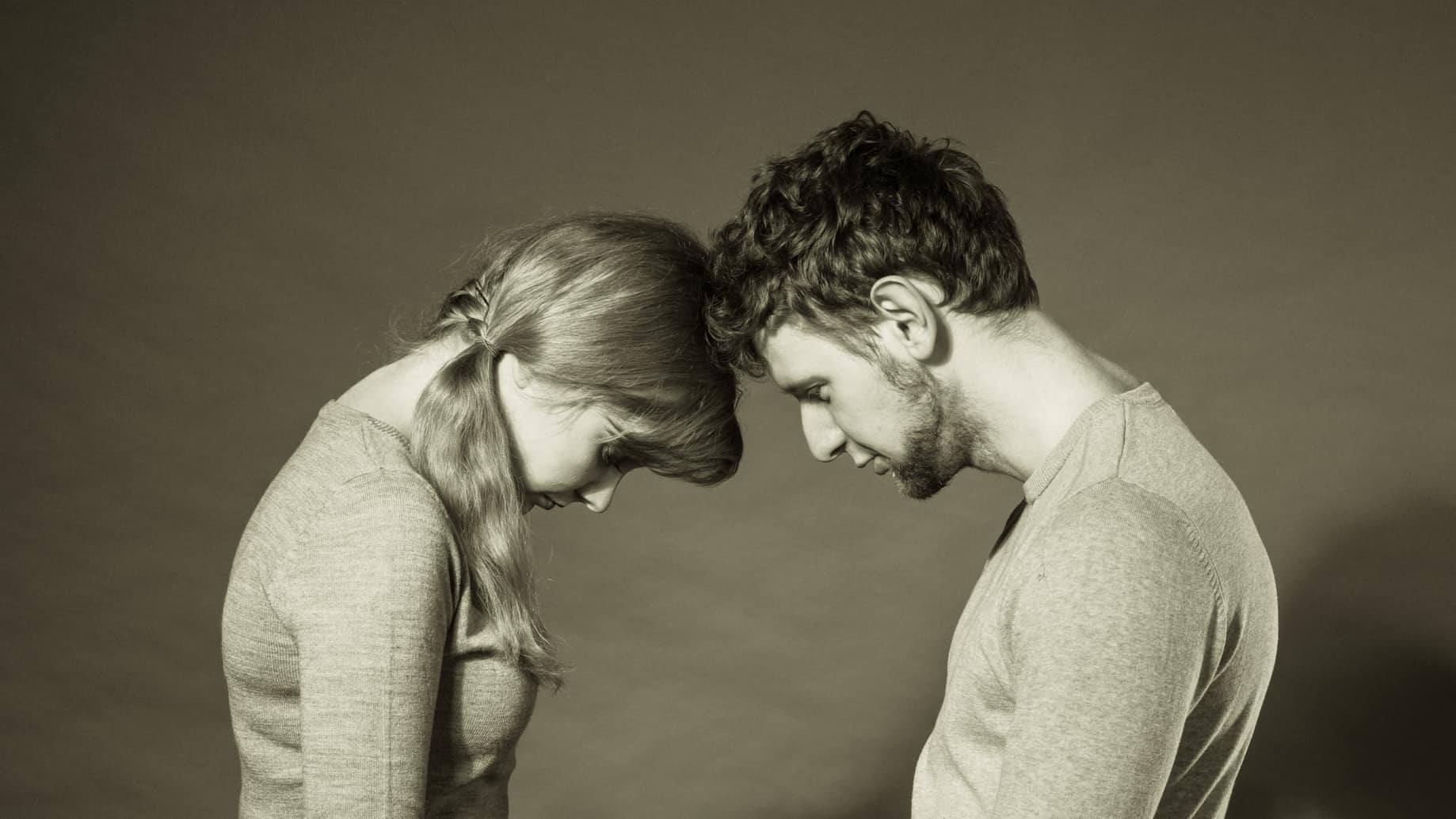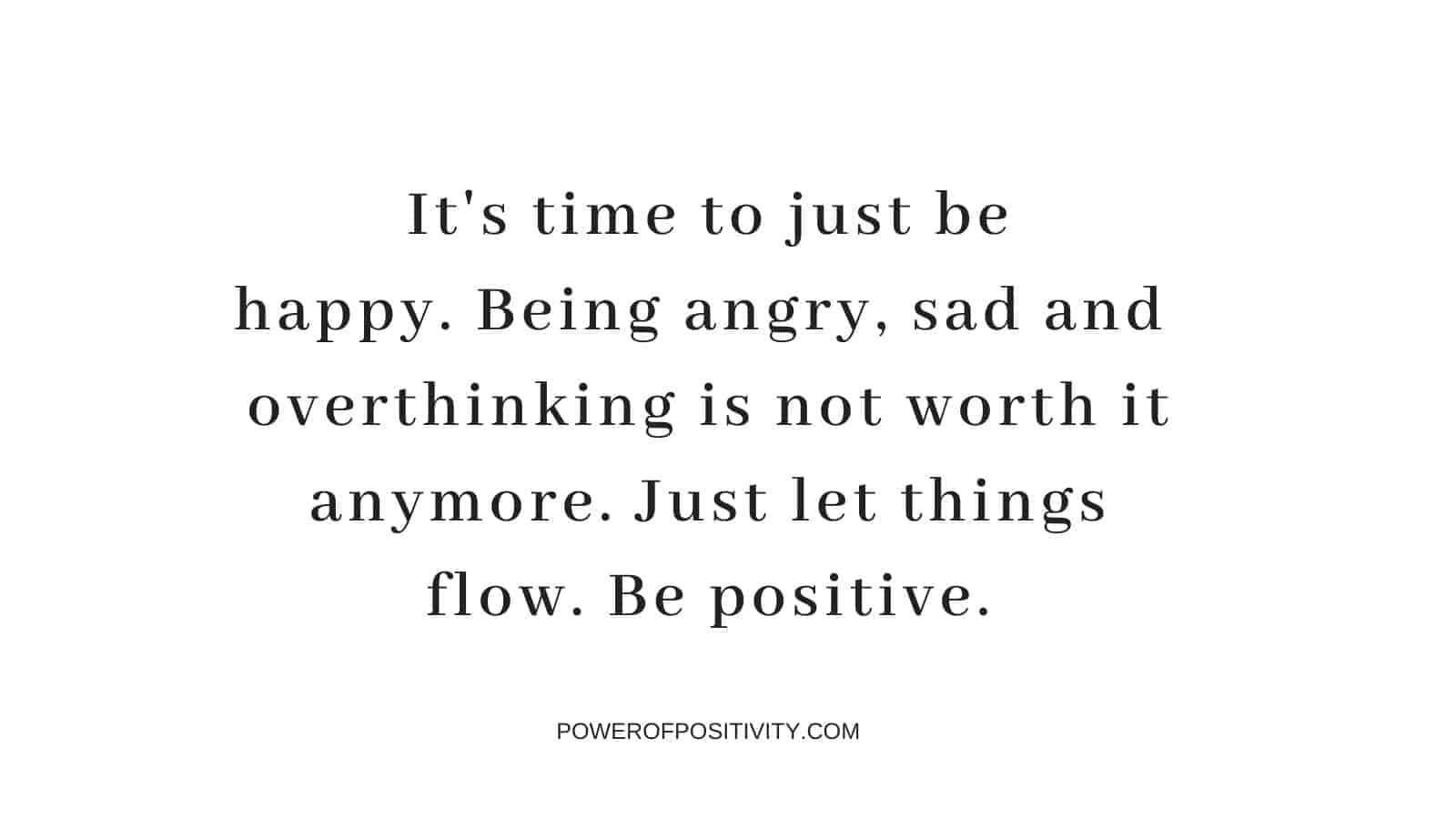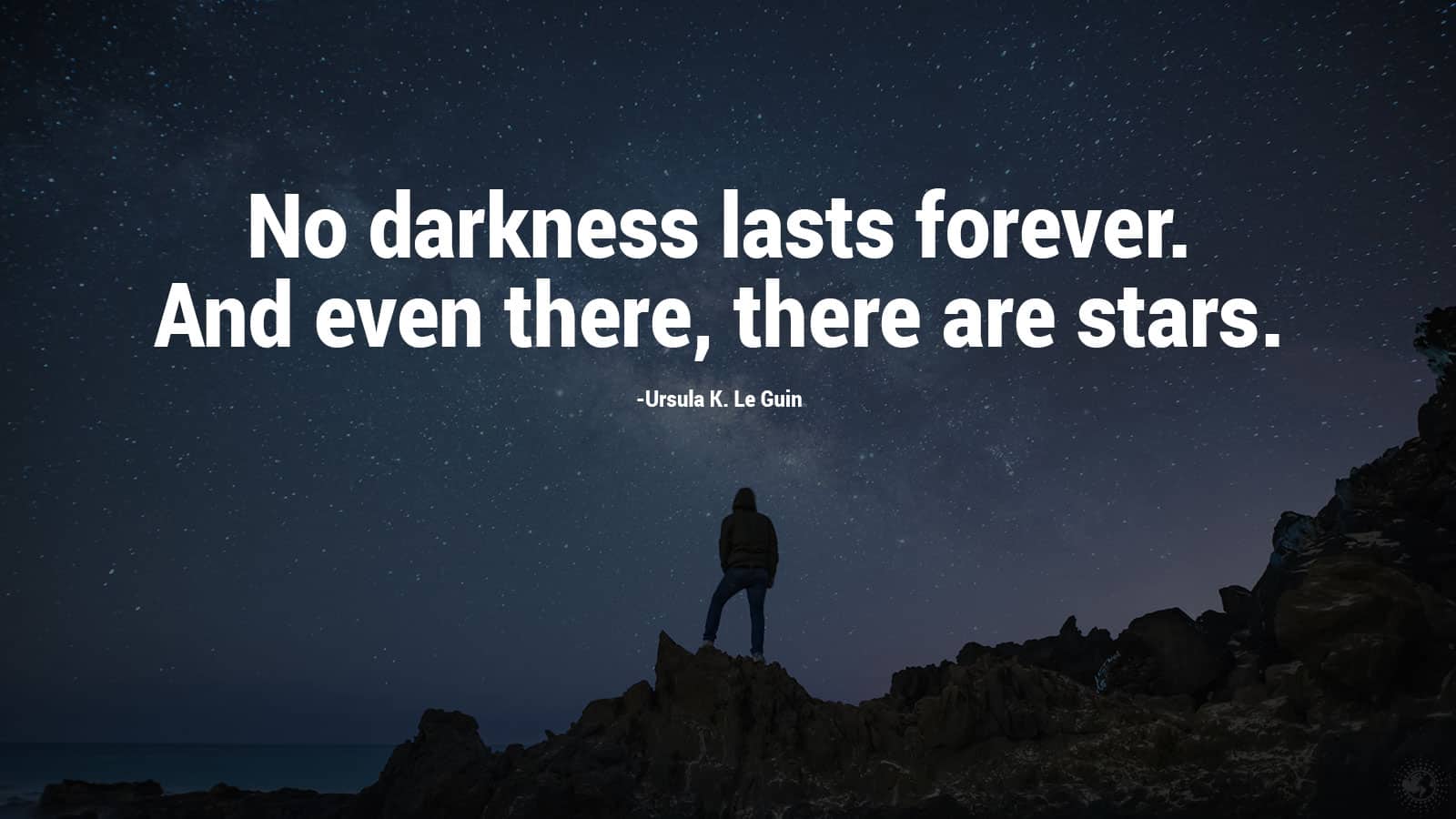Depression is a term often thrown about when we’re feeling down – when things aren’t going according to plan. But behind depressed is much more than just that.
Using depression to describe a mood that is fleeting isn’t an accurate description of the disease that, according to the World Health Organization (WHO), affects over 350 million people globally. “Sadness is an emotion, whereas depression is an illness,” says psychiatrist Ken Robbins of the University of Wisconsin-Madison.
Depression afflicts so many people worldwide, so it’s likely that you or someone you know has battled the disease at some point in their life. Being in a relationship with someone who suffers from depression isn’t easy, and it’s especially more difficult if you aren’t aware that they are affected by it. Pay attention to the following signs in your partner, as these might point to concealed depression.
Seven Signs Your Partner Is Depressed
1. ISOLATION
When someone is depressed, they’re often reluctant to be in the company of others. Part of this is a lack of interest, and part is the fear of being the Debbie Downer of the group. There is also a fear of being rejected by others, which increases the reluctance to engage socially.
They might have one or more of these characteristics:
– Few or no friends
– Labeled as newly “anti-social”
– Cancelling social events at the last minute
– Avoiding face-to-face contact with others
– Friends, family and others are concerned with lack of interaction
– Pessimism
– Low self-esteem
2. LOSS OF INTEREST
This is a big one. Activities that used to bring such joy and fulfillment to the person no longer do. Needless to say, this is painful for both the individual and those who care for them. The afflicted person can even lose interest in their spouse or children, often leading to bigger problems.
It’s also worth mentioning that necessary but less engaging tasks (work, chores, etc.) become more arduous and are often ignored or done hastily.
3. SUBSTANCE ABUSE
Navigating the ups and downs of life is difficult enough, but for the depressed it is nearly impossible at times. To escape this trap, they often turn to the use of alcohol or drugs. Understandably, alcohol and drug use occurs because the person is seeking to numb their pain or feel the happiness that they long for. However, this only works for a short while and as tolerance increases so does the likelihood of addiction.
Related article: 8 Signs You May Have Depression
4. MOOD SWINGS
Chemical imbalances in the brain often lead to abrupt changes in mood. A depressed person can go from happy to crying to something else within a short span of time. Things and events that used to cause little to no reaction – a sarcastic joke, for example – now cause fits of anger or irritability. If someone you care about is demonstrating these sorts of changes, understand that it can be due to depression. Don’t judge too hastily, however; normal changes in hormones can lead to mood swings as well.
5. CHANGES IN APPETITE
This is a tricky one because “changes in appetite” can be a depressed person not touching food on a plate (“are they not hungry?”) or someone scarfing a gallon of ice cream (“maybe they just feeling like binging…”) until it’s gone. The former doesn’t have the willingness to eat, as they are too busy attending to their thoughts while the latter uses food as much-needed source of comfort. Either way, drastic changes in appetite are often a clear sign of depression.
6. EXHAUSTION
A lethargic approach to many of one’s responsibilities is only natural for people lacking enthusiasm. People with depression constantly deal with the internal chatter of their minds, which is exhausting in itself. It is no wonder then why they have very little energy for anything else. Excessive states of tiredness could indicate the presence of depression.
7. INSOMNIA
You may think that because of #6 a depressed person would have no issue with sleeping. As with many other depressive symptoms, however, sleep problems can vary widely. Some will sleep the majority of the day while others will skimp by on maybe a couple of hours if that. A drastic change in sleep pattern is often one of the more obvious signs of depression.





















